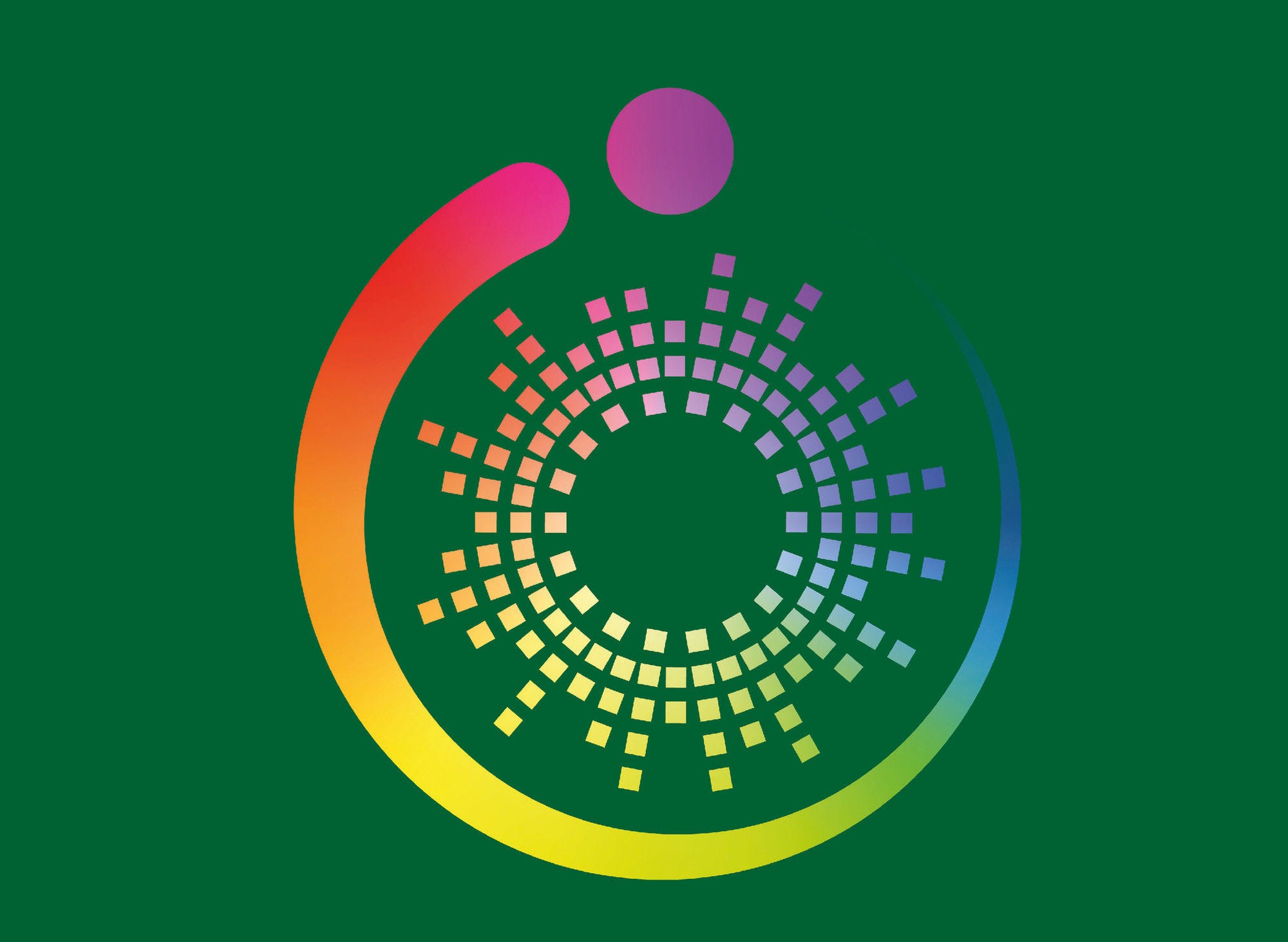In today’s complex and interconnected world, governments, citizens, businesses and civil society increasingly recognise that they cannot overcome the global challenges of today and tomorrow by acting alone. From combating pandemics, developing vaccines, and addressing climate change, biodiversity loss or ocean acidification to tackling corruption and fighting tax evasion, international organisations (IOs) play a critical role in helping governments across numerous policy fields. They provide vital platforms for sharing evidence, exchanging experiences, forging common approaches and developing joint instruments that, in turn, enrich evidence-based rulemaking at both the national and international level. They are the backbone of effective global co-operation and governance.
And yet, at a time when a global pandemic, climate change and other global emergencies require urgent, joint action, the multilateral system is showing its cracks and weaknesses and IOs are increasingly under pressure. Their pursuit of consensus, expert-driven approaches and responsiveness to members’ needs can make them appear bureaucratic, slow and distant to many citizens. The deepening mistrust in public institutions has fuelled scepticism about the effectiveness of the international rules-based system. As governments are under pressure to strengthen their democratic systems, rulemaking processes and governance to best serve their constituencies, IOs, too, are forced to reflect on their own effectiveness and impact vis-à-vis the members and citizens they serve. The Partnership of International Organisations for Effective International Rulemaking (IO Partnership) has recognised the fractures, real and perceived, in the architecture of global governance. Since 2014, some 50 IOs have been working together to better understand and tackle the central challenges and criticisms they face. For eight years, the organisations in this Partnership have carried out detailed and comprehensive analytical work, combining their insights and experiences to improve international instruments.
This Compendium of International Organisations’ Practices: Working Towards More Effective International Instruments brings together the lessons gathered by those IOs. It is the product of dialogue among IO secretariats, OECD members and leading academics. Mindful of each IO’s different mandates and rulemaking practices, this Compendium untangles the web of worldwide rules to bring clarity to the international landscape, and sets out key building blocks for more effective, efficient and transparent international instruments going forward. Ultimately, this IO Compendium helps the international community in a number of ways: it supports a rethinking of international rulemaking, prompts the multilateral system more broadly to become more inclusive of members and stakeholders and promotes greater transparency and responsiveness in addressing their needs and priorities. It should help IOs to fulfil their mandates more effectively and efficiently to the benefit of their members, and ultimately the citizens they serve. We hope it will prove helpful for joining forces to create the public goods we need for a resilient future.

Mathias Cormann,
Secretary-General,
Organisation for Economic Co-operation and Development (OECD)

Monique Eloit,
Director General,
World Organisation for Animal Health (OIE)

Anna Joubin-Bret,
Secretary,
UN Commission on International Trade Law (UNCITRAL)

Fransisco Lima Mena,
Secretary-General,
Secretariat for Economic Integration of Central America (SIECA)

Kunio Mikuriya,
Secretary-General,
World Customs Organization (WCO)

Martin Milton,
Director,
International Bureau of Weights and Measures (BIPM)

Sergio Mujica,
Secretary-General,
International Organization for Standardization (ISO)
